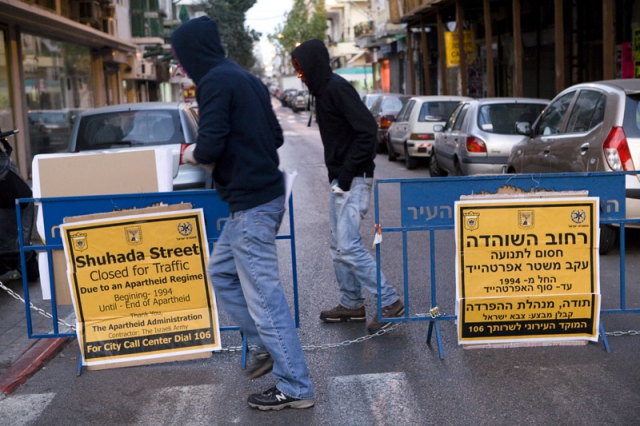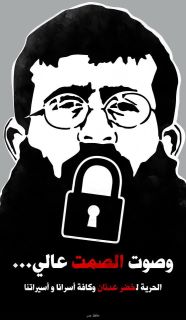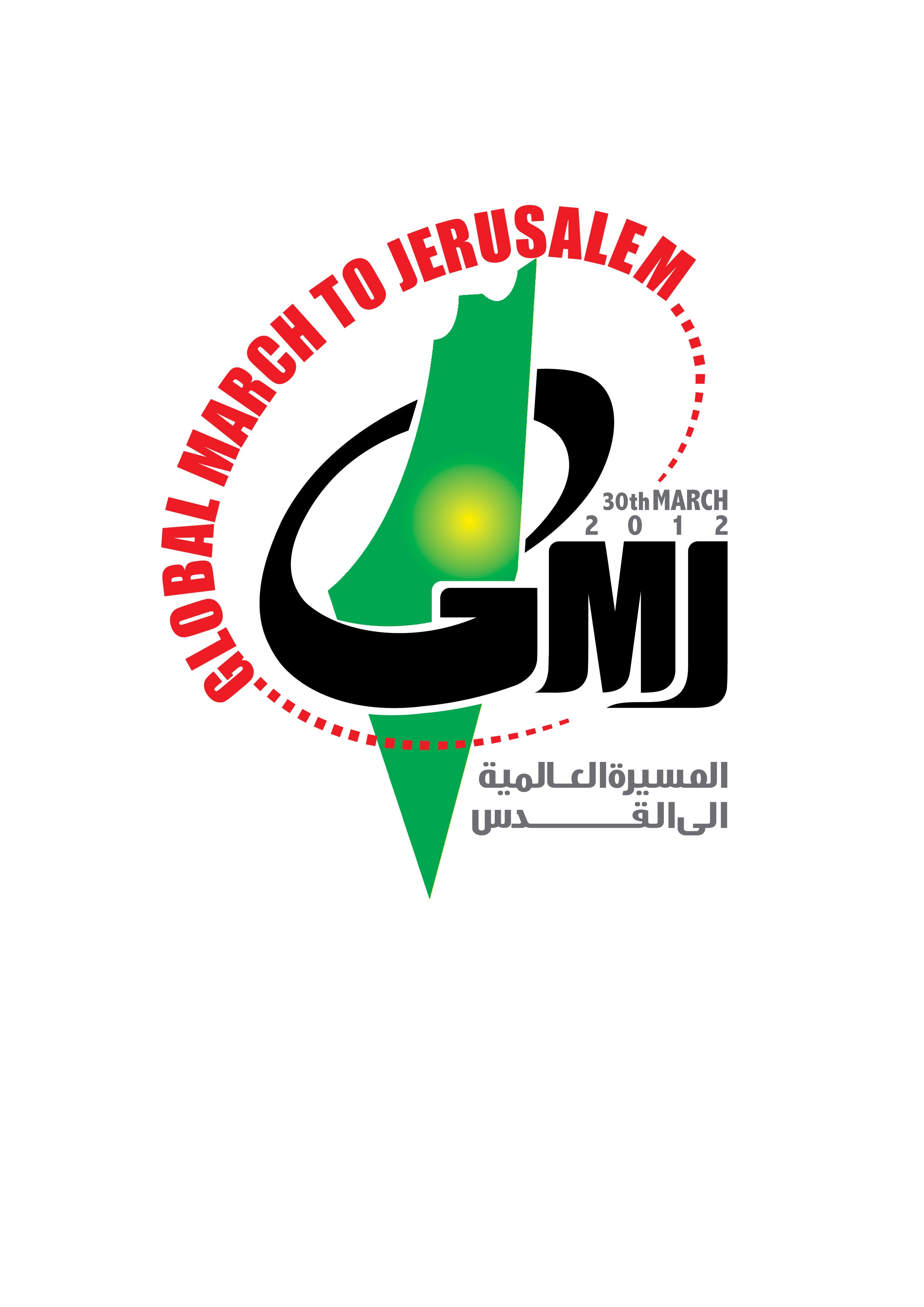Category: Press Releases
-
3rd annual Global Day of Action to Open Shuhada (Apartheid) Street
15 January 2012 | Youth Against Settlements This year, Palestinian activists in Hebron are planning a week of activities to commemorate the Baruch Goldstein Massacre and demand the opening of Shuhada Street. The planned activities in Hebron are as follows: Monday : 20/02/2012 Photo Exhibition about the Ibrahim Mosque Massacre and Non-violent…
-
Take action for hunger striking Palestinian Prisoner Khader Adnan!
6 February 2012 | Samidoun – Palestinian Prisoner Solidarity Network Khader Adnan, an imprisoned Palestinian activist held under administrative detention, has engaged in an open-ended hunger strike since December 17, 2012. Now at fifty days into his hunger strike, he is facing severe health consequences and has been moved to a hospital, continuing to refuse…
-
Palestinians urge international community to join Global March to Jerusalem
by Sarah Marusek and Amith Gupta 2 February 2012 | International Solidarity Movement The recent Arab uprisings throughout the Middle East and North Africa have proven that the Arab people are no longer willing to tolerate oppression and tyranny. They send a strong message to Western hegemonic powers and their oppressive regional allies that a new…



